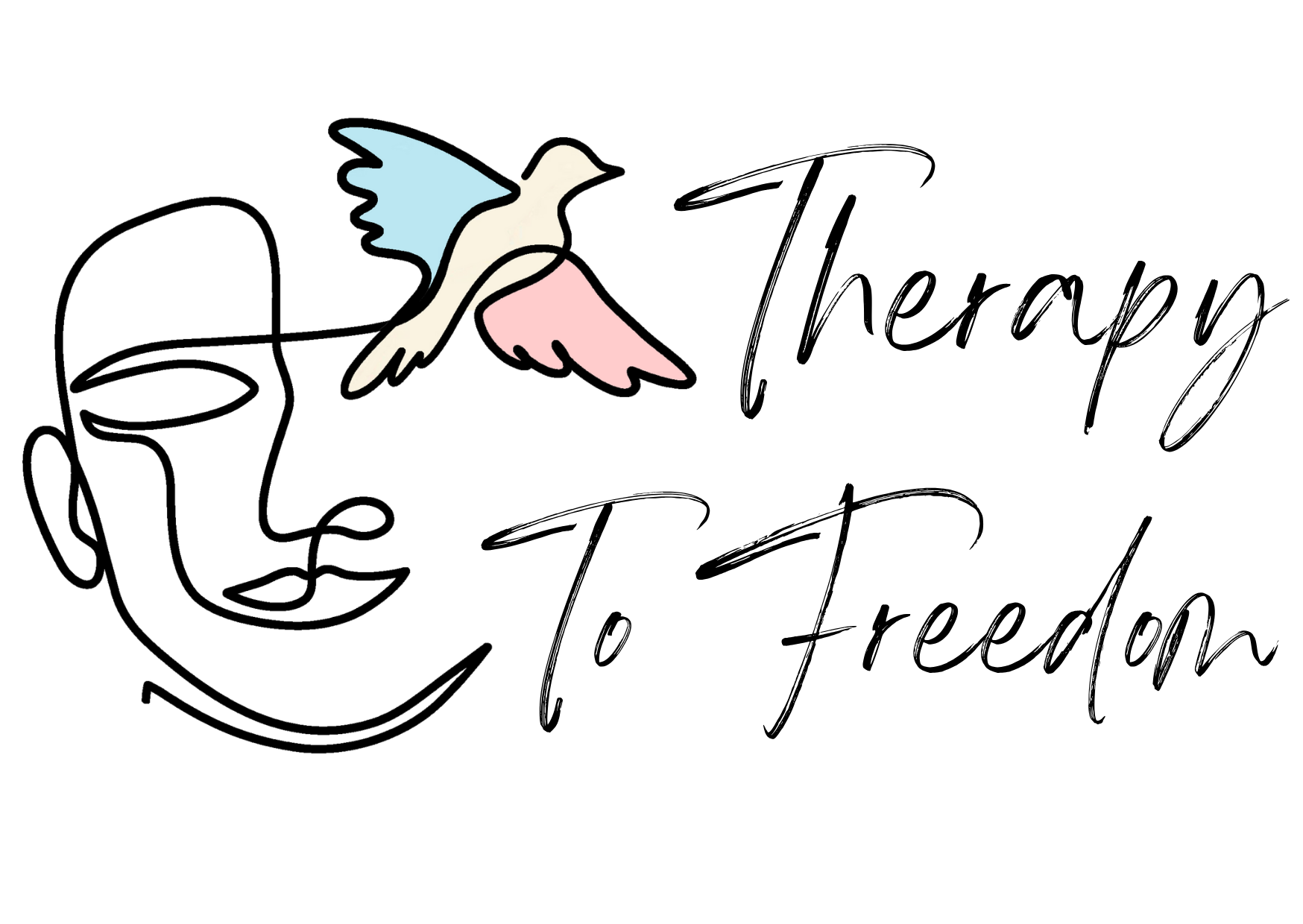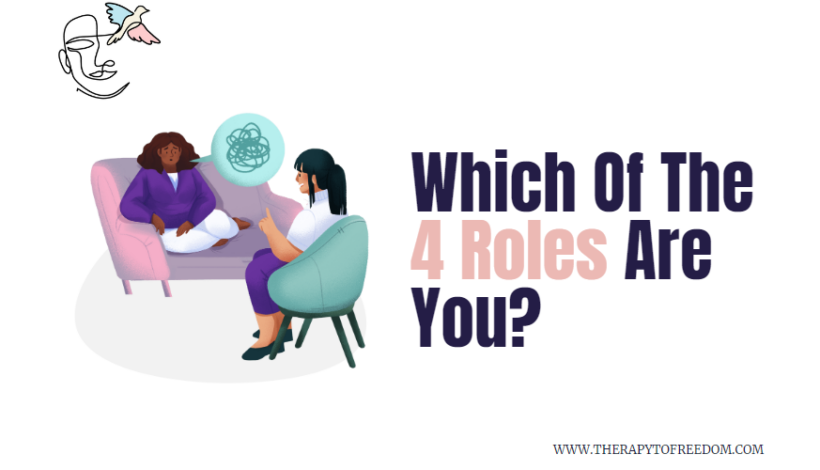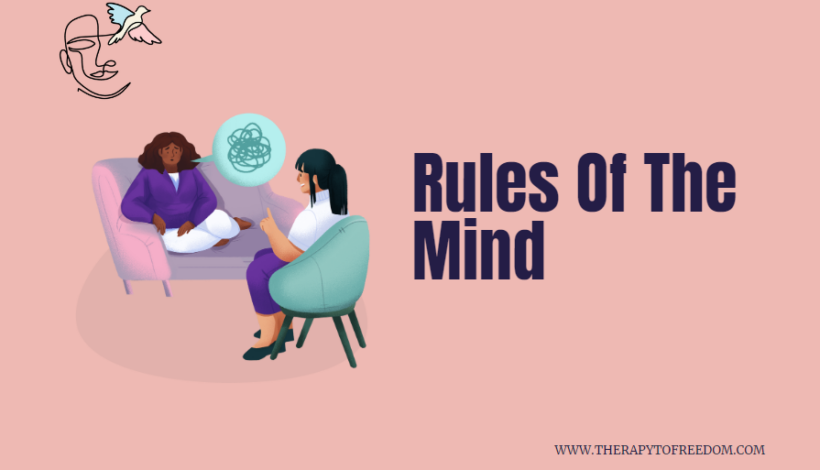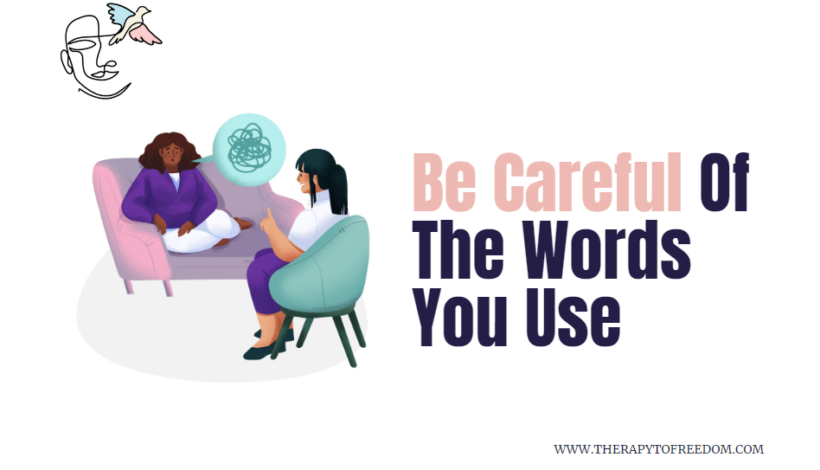Which of the 4 roles are you?
It is very common that depending on our upbringing, experiences as a young child, and our position in sibling age groups, e.g. youngest, middle or oldest child, or only child, can cause us to adopt one of the 4 roles below that will play out in our lives. This is because we all crave attention, as when we are born, we are born with the innate primal instinct to survive, and one of our biggest fears is rejection because if we are rejected as a child, then we may starve or die.
Therefore, in order to avoid rejection, we have to find a connection with others in order to survive. Therefore a child’s survival on the planet is linked to whether they feel that are significant and feel they matter.
Therefore, once children begin to notice, or they feel that they are not significant just the way they are, they will then often adopt one of the four roles below in order to help them get the connection or attention that they need:
The Sick Role
The child adopts this role as being ill and poorly which gets them attention. They then like the feeling of being comforted, having cream and bandages put on them, and the attention that they get from the nurses, doctors, and specialists, as well as the fuss that they receive from family and friends. So this then perpetuates the cycle of sickness. The downside to this, however, is that you are then always ill or catching illnesses or having ailments which can be debilitating and prevent you from achieving your dreams and full potential.
For this role, the mind has the belief that “ being ill gets you attention”.
The Amazing / Perfectionist role
The child adopts the need to be brilliant or perfect at everything they do because then they feel that they are indispensable. They then love the attention that they get from winning sports competitions, being a top musician, doing well in exams, and being a straight-A student. This leads to intense pressure to be the best and to constantly perform, work, and not take breaks, which can, in turn, affect their mental well-being. This can then show up in adults as being workaholics who are always working and not spending enough time on their self-care or with their family and friends, which can often lead to stress and burnout. The downside to this is that it can be a very lonely life, and you can often lose or have no friends as you are always too busy working to spend time with others or trying to compete with them, beat them, or outdo them.
The Carer Role
The carer role is the same need as the above in that the child feels that they must be indispensable to people and that if they are, they will never be rejected. Therefore, they will adopt a caring role for others, always cooking, cleaning, and looking after others and putting others needs before their own. They also love to try to help and fix other people, and therefore, they can often attract partners who are role number 1 the “sick role”, or may have substance misuse or mental health difficulties. They are very good at giving to others, but not at receiving or self-care, and therefore, the downside is that they will often become exhausted, worn out, or suffer burnout. As adults, they will normally tend to choose caring professions as their drive is to help others in order to feel needed and indispensable.
The Rebel Role
The child adopts negative behaviours as a response to get more attention, and the more attention they get for those behaviours, the worse the behaviours can become. This can often be the youngest child of a sibling group, or it could be another child if the youngest child is doing well academically and they are not doing so well. This child can then take on the part of the rebel and be very difficult, not following instructions and always doing the opposite or getting into trouble at school and in the community. When older, this can often lead to problems such as smoking, vaping, substance misuse, being a risk taker, getting in trouble with the police, or getting involved in extremely risky sports and risking their lives. The downside is this can lead to negative outcomes in their lives as adults and impact their health negatively too.
However, the downsides of the four roles mentioned above are not always the case, and we can change our course of direction and the roles we play, or we may even play one or two roles at the same time. It is possible to change these roles and free ourselves from them by changing our subconscious mindset and habits, adopting different and healthier ways of coping, and in getting the connection that we crave from others, which in turn will have positive outcomes for us as adults.
If you can recognise yourself in any of the above and it is causing you difficulties in your life and something you would like to change then contact me to find out how I can help you do this.




